Film
Cinema in autumn
Festival programmers reveal news, guests and films
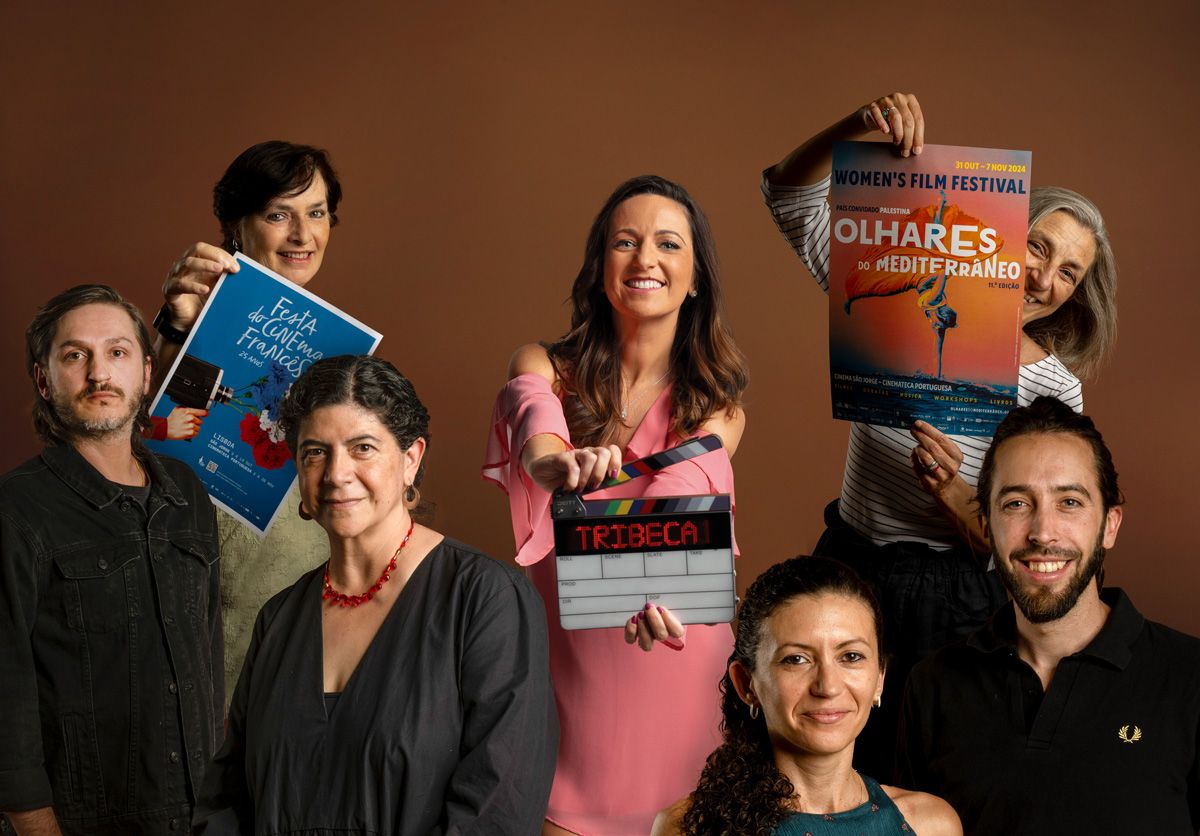
Cinema is in the spotlight with several film festivals taking place in the capital. Documentary and fiction films, national and international productions and personalities linked to the world of cinema are present in Lisbon during the month of October. LAFF – Lisbon Arab Film Festival, French Film Festival, Tribeca Festival Lisboa, Doclisboa and Olhares do Mediterrâneo are the five festivals we highlight. We spoke with the directors and programmers about the most important moments and news this year.
The directors and programmers of five film festivals, which take place in October in Lisbon, reveal the main news, guests and, of course, the films that everyone will want to see.
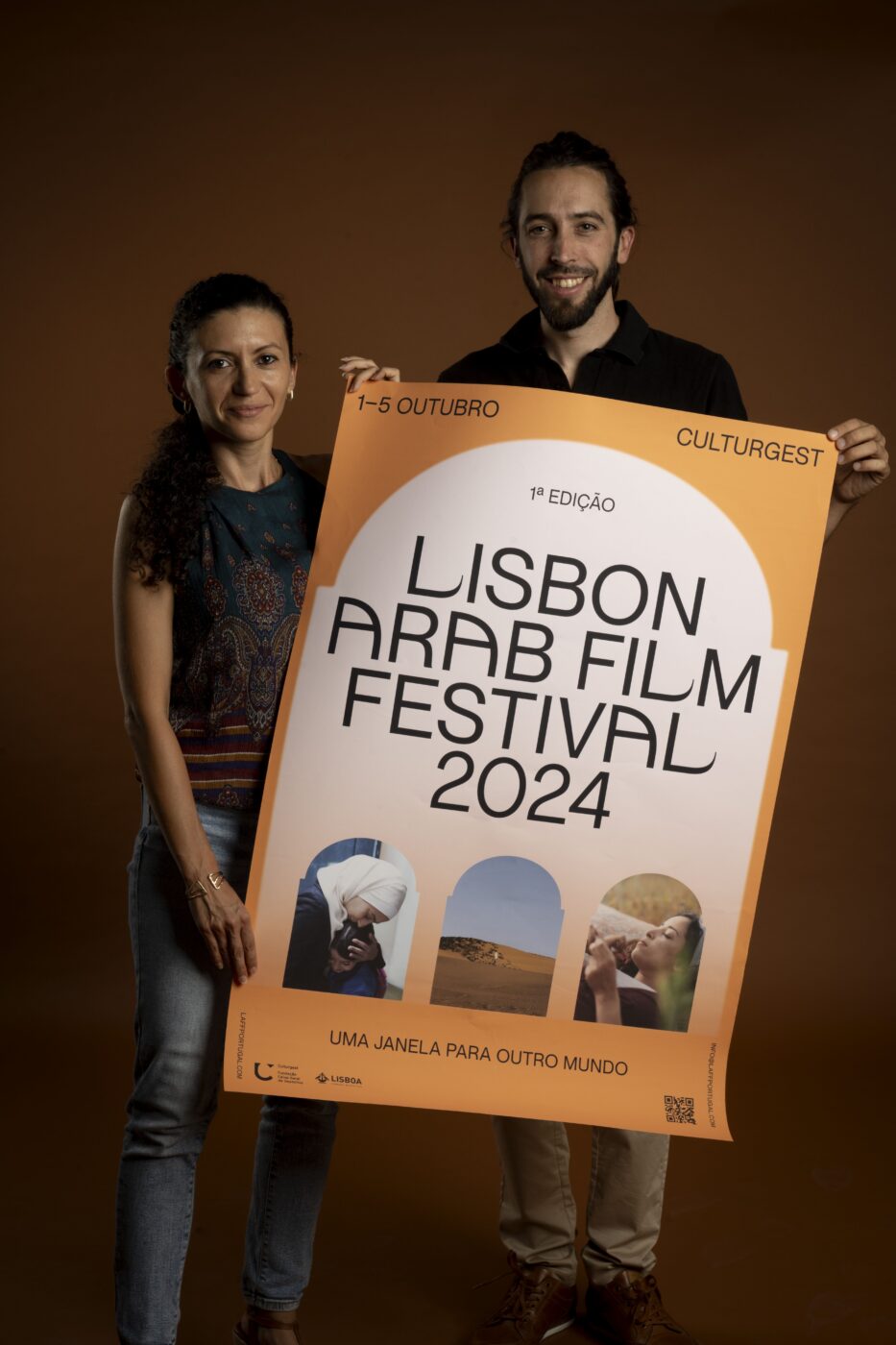
LAFF – Lisbon Arab Film Festival
October 1 to 5
When French-Tunisian Saoussen Khalifa arrived in Portugal five years ago, she noticed that “there were many similarities and influences from the Arab world in Portugal”, but “there was little awareness of these connections”. The need to showcase this intersection of cultures was the starting point for the Lisbon Arab Film Festival.
This first edition of the event seeks to promote dialogue between cultures and offer a vision of today’s Arab societies, contradicting stereotypical ideas. From the programme, João Gonçalves highlights the opening film, Everybody Loves Touda, by the French-Moroccan, Nabil Ayouch, who was present at the Cannes festival and was chosen as Morocco’s candidate for the Oscar
But there’s more: Bye bye Tiberias, by Lina Soualem, a documentary focused on Israel’s occupation of Palestine, and the closing session film, Inshallah a Boy, a drama by Amjad Al Rasheed, filmed in Jordan, are “unmissable”.
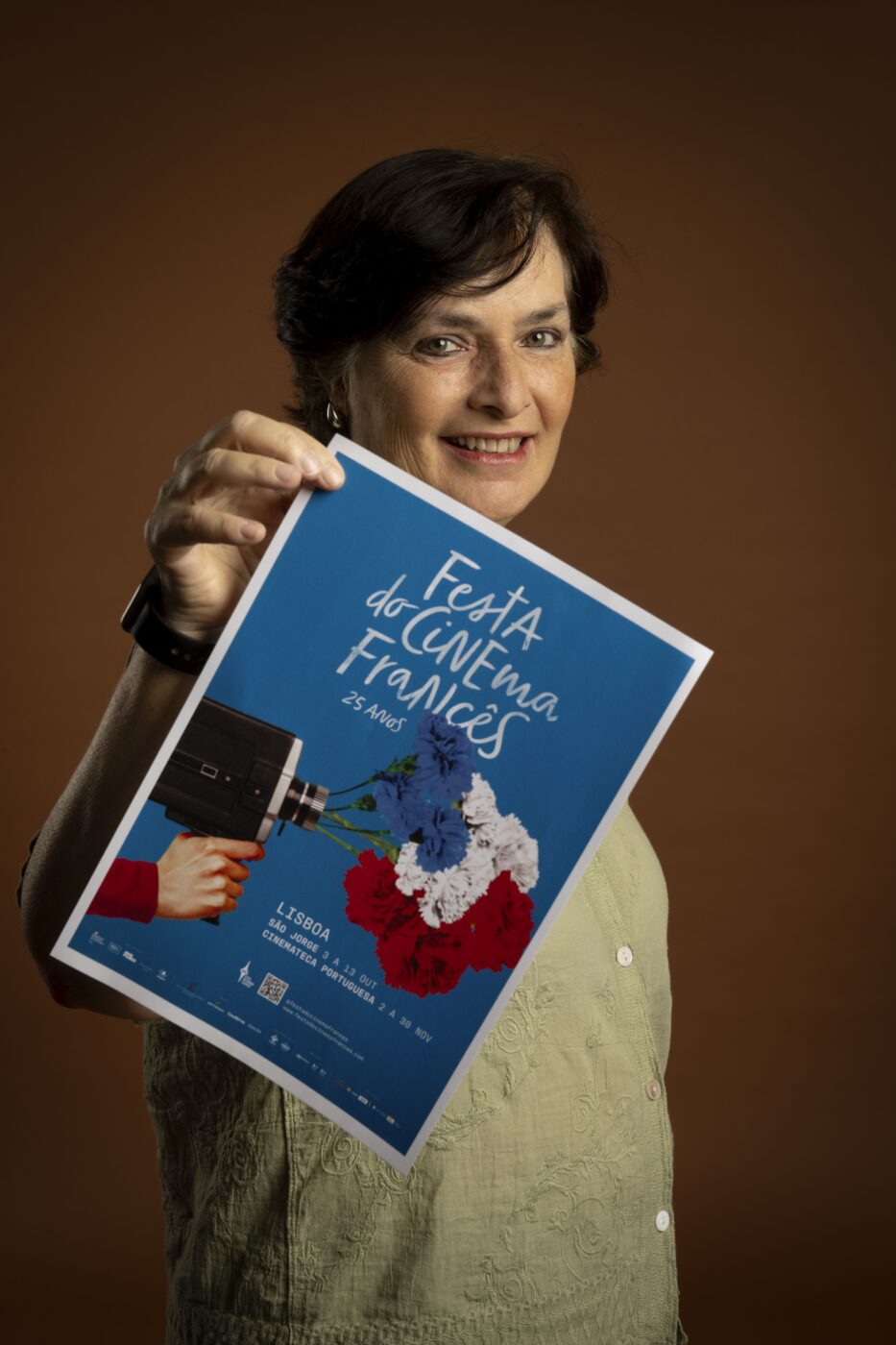 Kátia Adler (diretor)
Kátia Adler (diretor)
French Film Festival
October 3 to November 3
The French Film Festival celebrates 25 years. Kátia Adler states that “the Festival has a growing audience” and in this sense, this year for the first time, “there are five films in competition, all premieres, with the aim of achieving even greater participation of the public.”
From the vast programme, two new sections stand out: Rir à grande e à francesa, which presents comedy films, because as the festival director says “we need to laugh and go to the cinema”; and Uma Língua, Múltiplos Olhares, which exhibits works that result from Franco-Belgian co-productions. Kátia Adler also highlights a film that left a lasting impression on her for its cinematography: The Successor, by Xavier Legrand, a thriller that is surprising and “a pearl”.
In November, still within the scope of this edition of the Festival, Cinemateca Portuguesa presents a complete retrospective of the work of filmmaker Chris Marker (1921-2012).
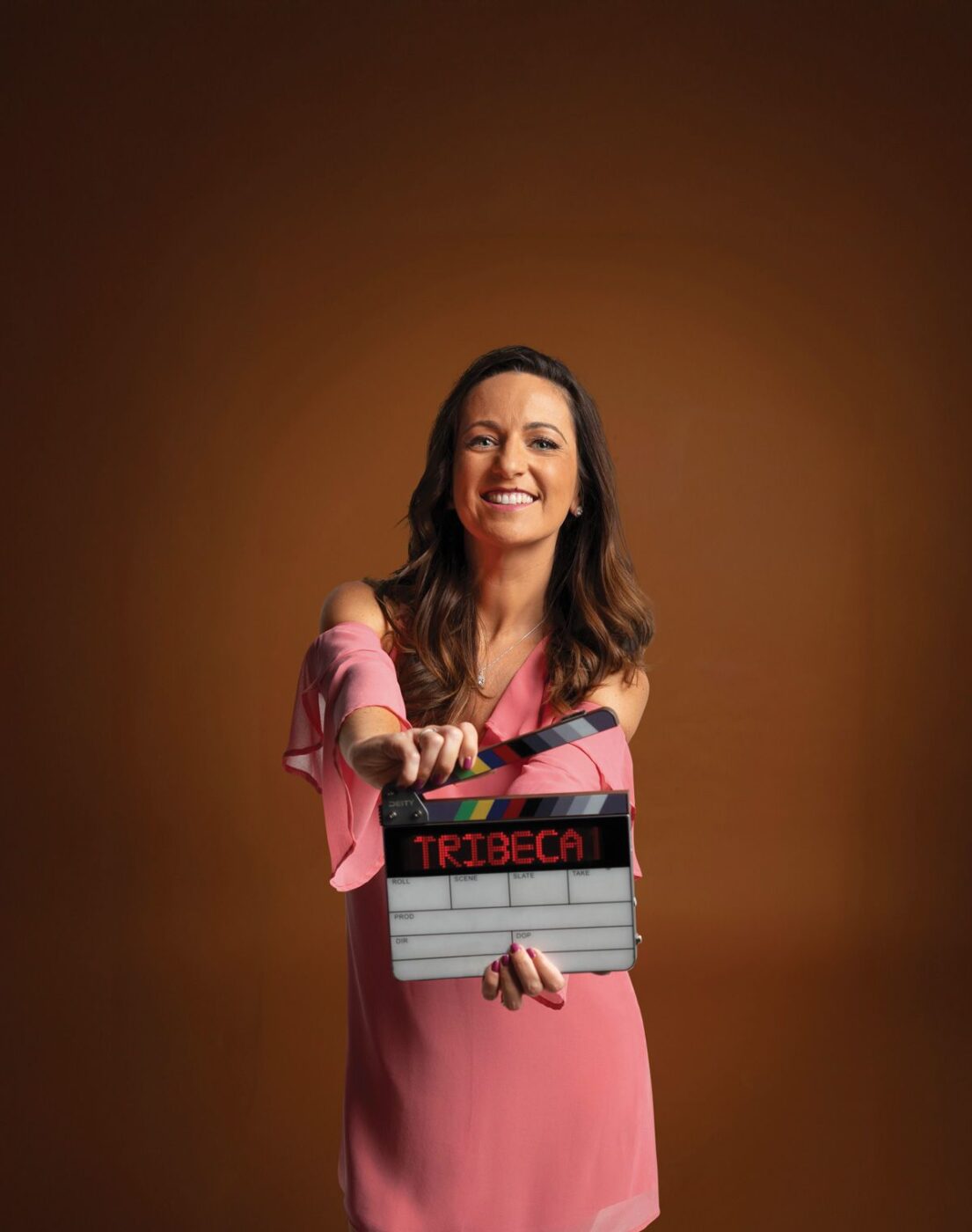
Tribeca Festival Lisboa
October 18 and 19
“We want the festival to be a celebration of the best of pop culture and the crossroads between national and international talent. To achieve this, we will have great international films brought to Lisbon by the Tribeca Enterprises team, but also national productions, giving stage to our country’s storytellers and creatives.” This is how Mónica Serrano describes the purpose of the first edition of the Tribeca Festival Lisboa , a brand that was born in New York and is now arriving in Lisbon.
The programme also includes series, podcasts, musical performances and live chats with international and national stars. North Americans Whoopi Goldberg, Robert De Niro and Griffin Dunne, international star Daniela Ruah, and Portuguese Ricardo Araújo Pereira and César Mourão, are some of the personalities present at the event.
The films to be shown include award-winning works such as Anora (winner of the Palme d’Or at Cannes), Griffin in Summer, In the Summers and Bob Trevino Likes It, and Portuguese films such as Podia Ter Esperado Por agosto, Azul and O Afinador de Silêncios.
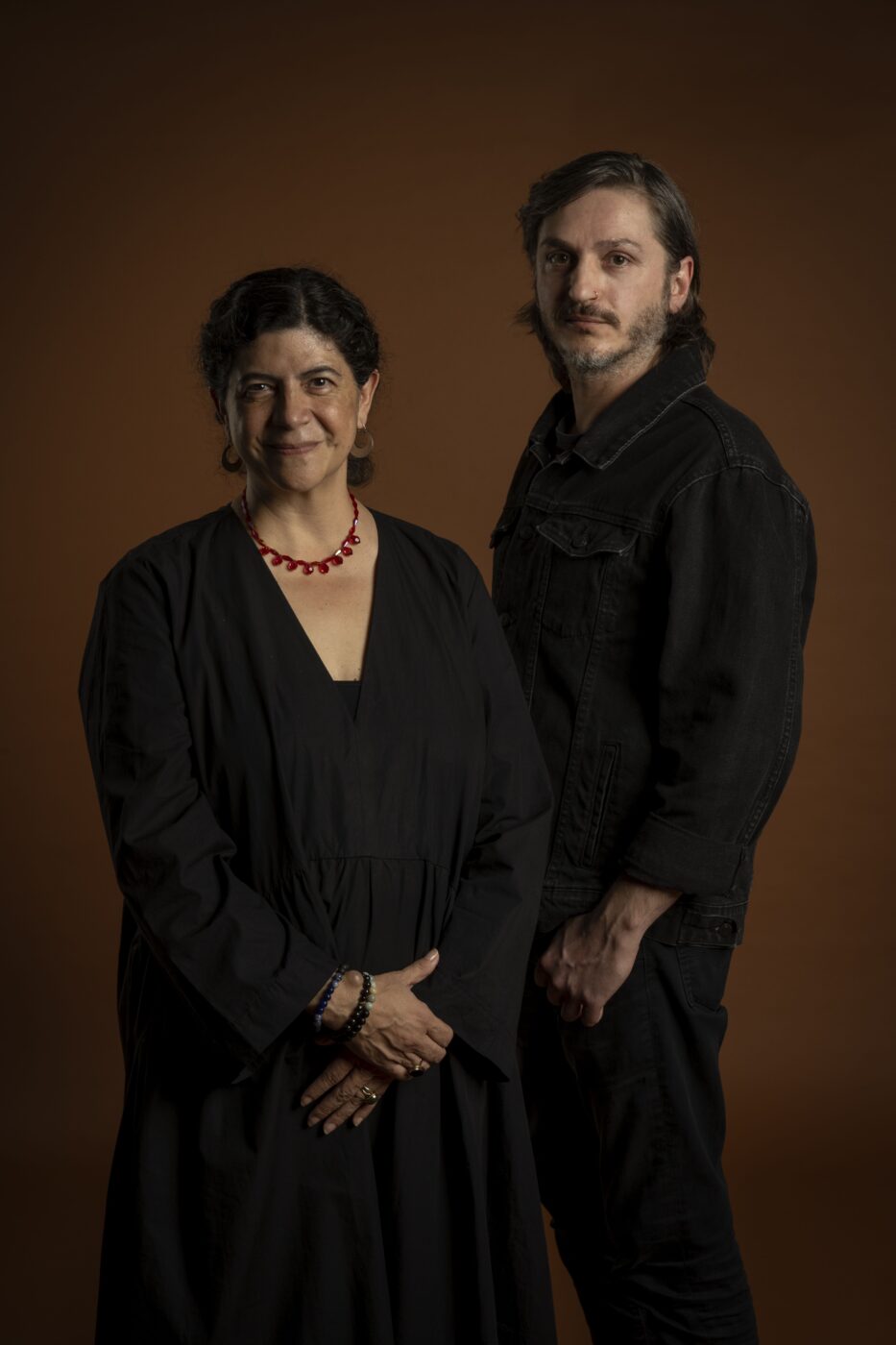
Doclisboa – Internacional Film Festival
October 17 to 27
The 22nd edition of Doclisboa, the first under the direction of Mexican producer Paula Astorga, presents a programme that promotes dialogue between present, past and future, allowing a series of reflections on current cinema. Being at the helm of Doc “is a great emotion and it was a gratifying surprise to direct a festival that is very well positioned internationally and is highly anticipated by Lisbon residents”, highlights Astorga.
From the programme, programmer Luca D’Introno highlights two retrospectives: one dedicated to Mexican filmmaker Paul Leduc (1942-2020), which opens with the film Reed: Insurgent Mexico, a unique gem discovered at Cinemateca Portuguesa; and another, curated by Jean-Pierre Rehm “which reflects on modernism thinking about the future, looking at the past”.
It is also worth highlighting the opening and closing films: Semper, the most recent work by Luciana Fina, and The Day I Met You, by Brazilian filmmaker André Novais Oliveira.
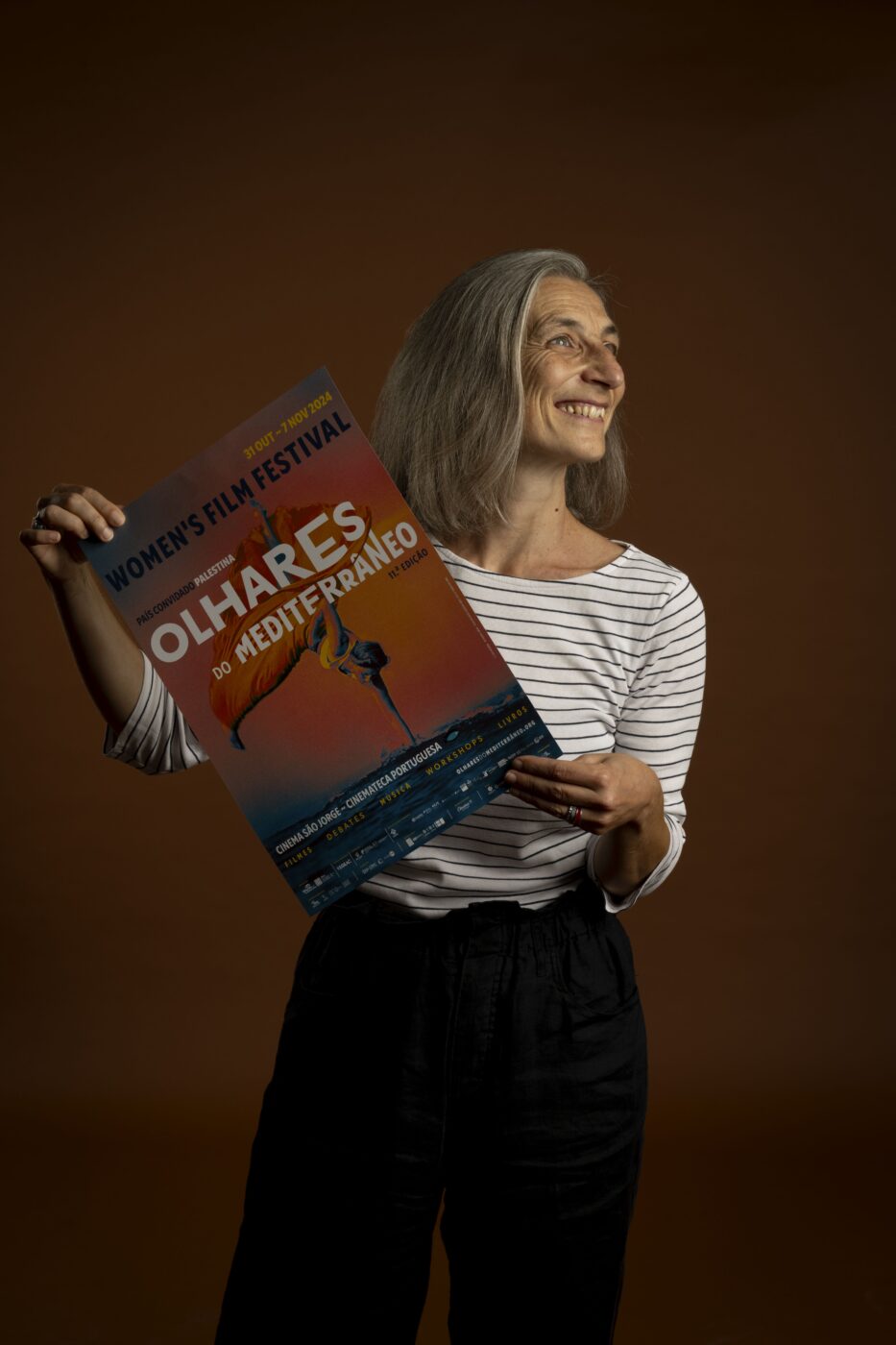
Olhares do Mediterrâneo – Women’s Film Festival
October 31 to November 7
Cinema made by women from Mediterranean countries is back in the 11th edition of Olhares do Mediterrâneo. This year’s theme, Revolution and Everyday Life, seeks, in the words of Silvia Di Marco, “to emphasize that the revolution is not an event closed in time, but that it continues and is renewed. On the one hand, because transformations are necessary, on the other, because no progress is guaranteed.” Demonstrating that, as Natália Correia would say, “culture is what transforms mentalities” is another idea that the festival promotes.
In this sense, the world premiere of A Mulher que Morreu de Pé, by Rosa Coutinho Cabral, stands out, precisely about Natália Correia, a woman who is an unavoidable figure in the fight for freedom. Also noteworthy is the guest country, Palestine, which is honored with a retrospective, at Cinemateca Portuguesa, dedicated to female directors from the Palestinian diaspora. Final note for the opening film, which serves as the theme for the retrospective: The Teacher, by the British-Palestinian, Farah Nabulsi.